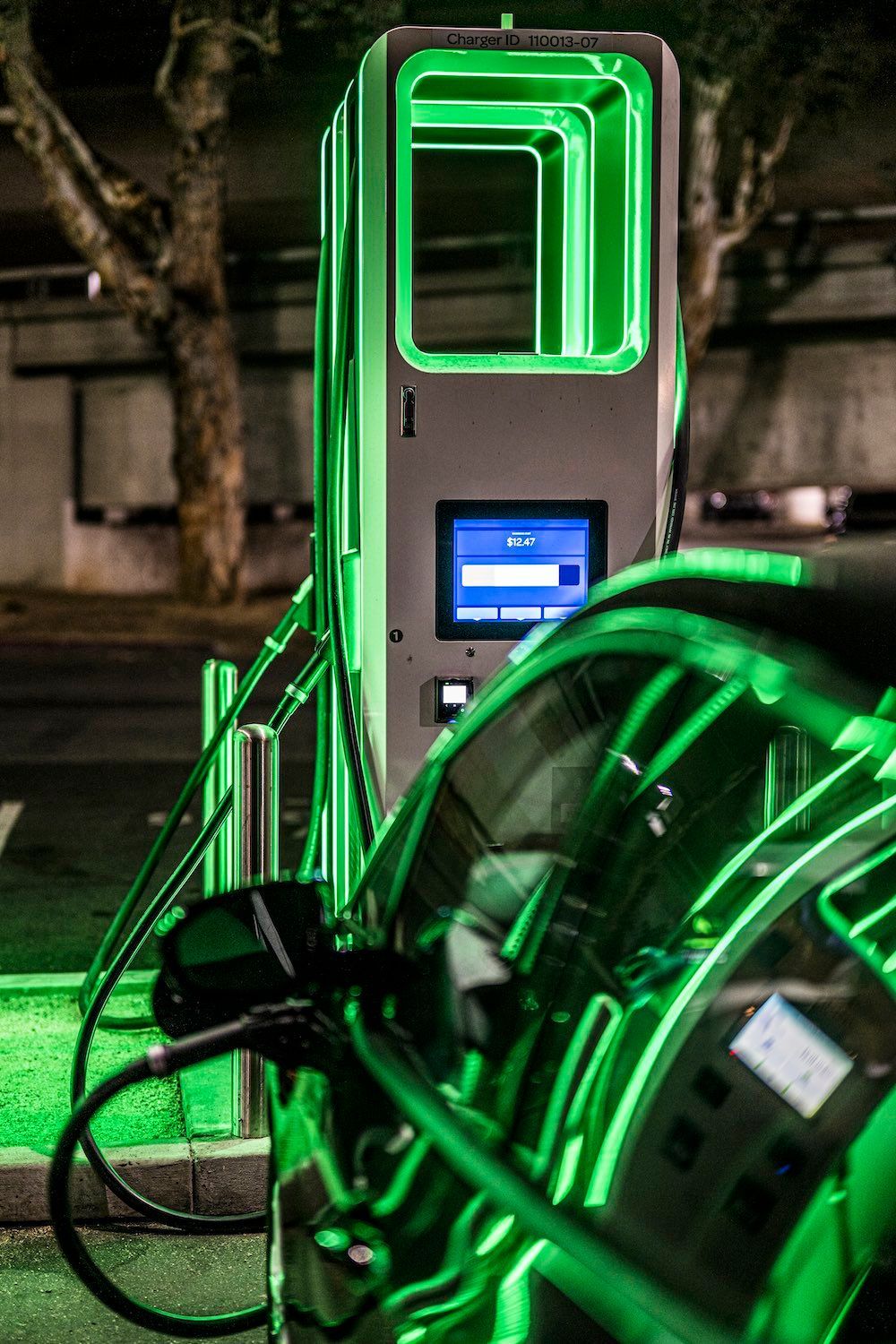3090 Osgood Ct, Fremont CA 94539 | Tel: 510-226-0600
E-Waste Solutions for the Electric Vehicle Industry
Need help in the e-waste management associated with Electric Vehicle?
EV batteries pose the biggest problem in relation to e-waste when it comes to electric vehicles
Hybrid, plug-in hybrid and all-electric vehicles all utilize battery packs; their types vary depending on which vehicle type is being driven. At present, most current battery packs are designed to outlive their vehicles they are installed in, and battery warranties typically last 8 years or 100,000 miles - in moderate climates they could potentially even outlive that!
Lithium-ion batteries, nickel metal hydride batteries, lead acid batteries and ultracapacitors are some of the popular choices of batteries in use today.
Lithium-Ion Batteries
Electric vehicles utilizing lithium-ion battery packs have increasingly come under scrutiny due to their non-eco-friendly mining process; lithium ion is commonly found in smartphones and laptop computers as it provides high power-to-weight ratio.
Very efficient with excellent high temperature performance capabilities, lithium-ion is currently the best solution for holding steady charges and being recyclable; yet their mining process still draws criticism; one ton of lithium requires over half a million gallons of water!
Nickel-Metal Hydride Batteries
You'll most commonly encounter nickel-metal hydride battery packs in hybrid vehicles that combine both gasoline engine power and electric motor power, including gasoline power to charge their onboard battery.
While nickel-metal hydride batteries typically last longer than lithium-ion ones and are safe, their drawbacks include being costly to produce, producing excess heat at higher temperatures, and having a faster discharge rate than lithium-ion cells.

The Surplus Service Solution for handling EV Batteries
We provide turnkey Zero-Waste and Asset Management Solutions
We are eager to support your e-waste, sustainability etc. needs nationally with our suite of services.
For assured downstream and liability reduction, sustainability, environmental, facilities, and risk management departments prefer to work with highly certified partners.
We are ISO 14001 Environmental, 45001 Health, and Safety, 90001 Quality, OSHA, and R2 (Responsible Recycling) certified.
Surplus Service - Active participant of the CalEPA Lithium-ion Car Battery Recycling Advisory Group
As an active participant of the CalEPA Lithium-ion Car Battery Recycling Advisory Group, Surplus Service has been at the forefront of the work and recommendations created by this advisory group.
The Lithium Car Battery Recycling Advisory Group was formed in 2019 to provide advice to the Legislature regarding policies relating to the recovery and recycling of lithium-ion batteries sold in motor vehicles throughout the state.
The California Environmental Protection Agency, the Department of Toxic Substances Control and the Department for Resources Recycling and Recovery are leading the group. Other members include representatives from the environment, auto dismantlers and public and private entities involved in the manufacture, collection, processing, and recycling of batteries for electric vehicles.
The advisory group was formed in 2019 in response to Assembly Bill 2832 (Dahle, 2018).
Final Policy Recommendations
The Lithium Car Battery Recycling Advisory Group has completed the work for which they were established and have made its final policy recommendations. As required by AB2832, the final policy recommendations that were posted on May 9, 2022, have been sent to the Legislature.New Paragraph
Your e-waste needs are about to be solved. You are just one click away. Fill out the form and schedule a meeting with one of our experts today.
Need help meeting your legal requirements for electronic waste disposal?
Surplus Service - All Rights Reserved

